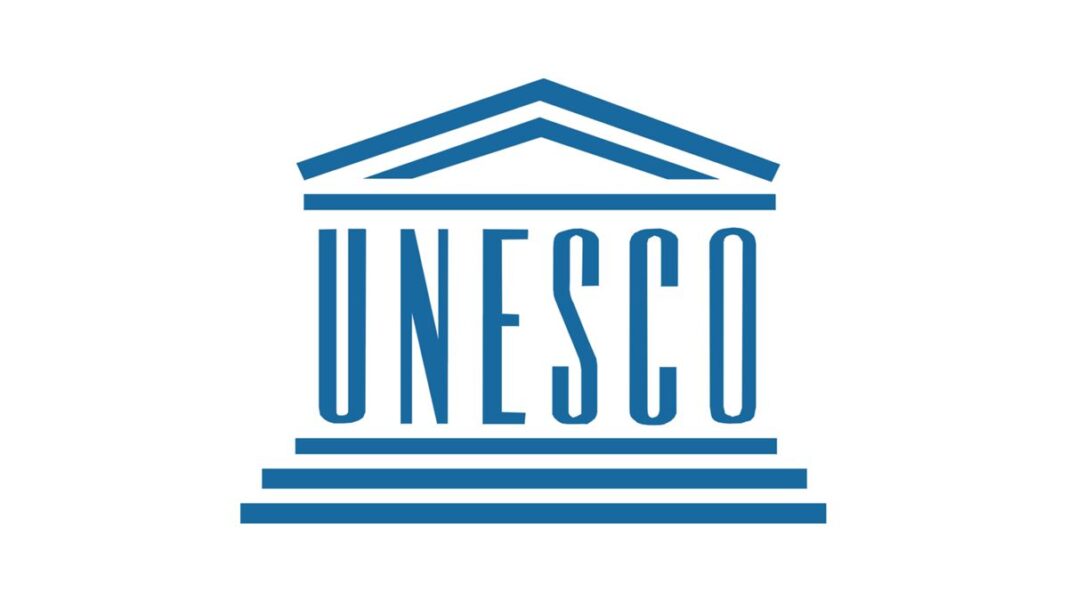Scrutiny from Washington aggravated tensions within the venture-capital firm, fueling its decision to break up
Sequoia Capital became the most consistent moneymaking venture-capital firm in history, placing huge winning bets in the U.S. and in China. In the end, the Silicon Valley firm found it had to choose just one.
Scrutiny of Sequoia’s China ventures had been rising in Washington for months, with officials and members of Congress hammering the firm for bankrolling Chinese technology competitors and potentially boosting China’s military. Then, last summer, Sequoia’s China arm tapped American investors to raise a record $8.5 billion to pour into promising Chinese companies, and the pressure notched higher.
The Biden administration’s senior Asia policy official, Kurt Campbell, confronted Sequoia’s top executive in Washington, Don Vieira. Campbell asked why Sequoia would fund Chinese companies that might threaten U.S. national security and do so when Washington wants that financing to stop, according to people familiar with the matter.
Vieira explained that Sequoia China doesn’t invest in defense technology, but given the firm’s structure, Sequoia in the U.S. has no control over the China unit’s investments, the people familiar with the matter said.
It wasn’t enough. Sequoia this month bowed to the fraught competition between the U.S. and China in announcing a plan to break up the firm. Its senior partners unanimously made the decision, Sequoia said. A public statement cited the rising complexity of running a decentralized, global investment firm.
The bitter rivalry between the two major powers made Sequoia a political lightning rod in Washington and exacerbated tensions within the firm, feeding into the decision to break up.







